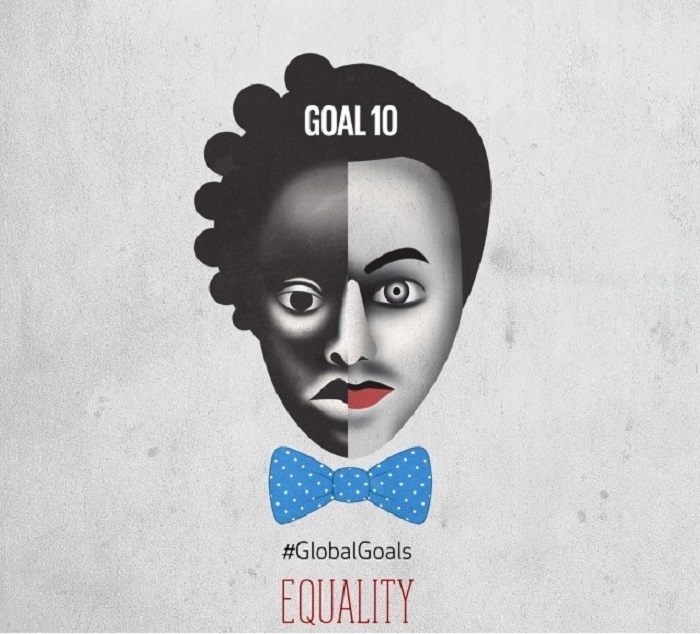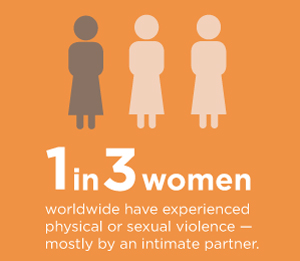
Violence against women and girls is a grave violation of human rights and leads to many immediate and long-term consequences, affecting their physical and mental wellbeing, and even sometimes resulting in death (UN Women, n.d.). Violence not only has detrimental consequence for women but also has adverse effects on their families, society and the country. The socio-economic cost of violence against women is huge, ranging from increase in health care costs, legal costs and loss of productivity which impacts the overall development of the country (UN Women, n.d.). According to a research conducted by WHO, London School of Hygiene and Tropical Medicine and South Africa Medical Research Council (using data from 80 counties),” 1 in 3, or 35%, of women have experienced physical and/or sexual violence by an intimate partner or non-partner sexual violence” (World Health Organization, 2017).
In addition to this, The World Health Organization states that “globally, as many as 38% of murders of women are committed by a male intimate partner” (World Health Organization, 2017). Such appalling figures clearly illustrate the magnitude of the prevailing context of violence against women. Women have the right to live with dignity, free from any form of violence; they also have the right to equally participate in all socio-economic activities and to have complete agency over their bodies and way of life. In almost all cases, the prevailing patriarchal social structure has placed women in a vulnerable position, making it necessary for states to ensure that women are protected from violence and exploitation. It is important that adequate resources are directed towards developing policies and laws to protect and empower women, and prosecute the perpetrators of violence, while upholding international conventions that exist to ensure the rights women, such as CEDAW (The Convention on the Elimination of All Forms of Discrimination against Women).

Simultaneously, it is equally important to transform social attitudes and practices that are influenced by patriarchal cultural norms and values, which often promote hegemonic masculinity, resulting in violence against women. Hegemonic masculinity involves “attitudes and practices among men that perpetuate gender inequality, involving men’s domination over women” (Jewkes et al., 2015). Such attitudes often orient men towards believing that they inherit supremacy and the right to overpower women. Hegemonic masculinity is often associated with toxic masculinity, which is a repressive form of masculinity which consists of traits of aggression, violence, and sexism. Such gendered cultural attitudes and behaviors are normalized and this leads to violence against women, and in most cases, the perpetrators are not held accountable. Therefore it is crucial that social attitudes related to masculinity and gender roles are positively transformed to encourage more positive forms of masculinity that foster attributes such as empathy, compassion, care, respect and consent. Influencers, such as the state (e.g. schools and educational institutions), community leaders, youth leaders and especially faith leaders can act as change agents by endorsing positive gendered attitudes and behaviors and by creating awareness and discussions about positive masculinity, gender equality and equity. The root cause of violence against women ultimately leads to cultural norms, values, and practices that cater to male privilege and male supremacy which places women in an inferior and vulnerable social context, allowing the normalization and wide acceptance of violence against women.